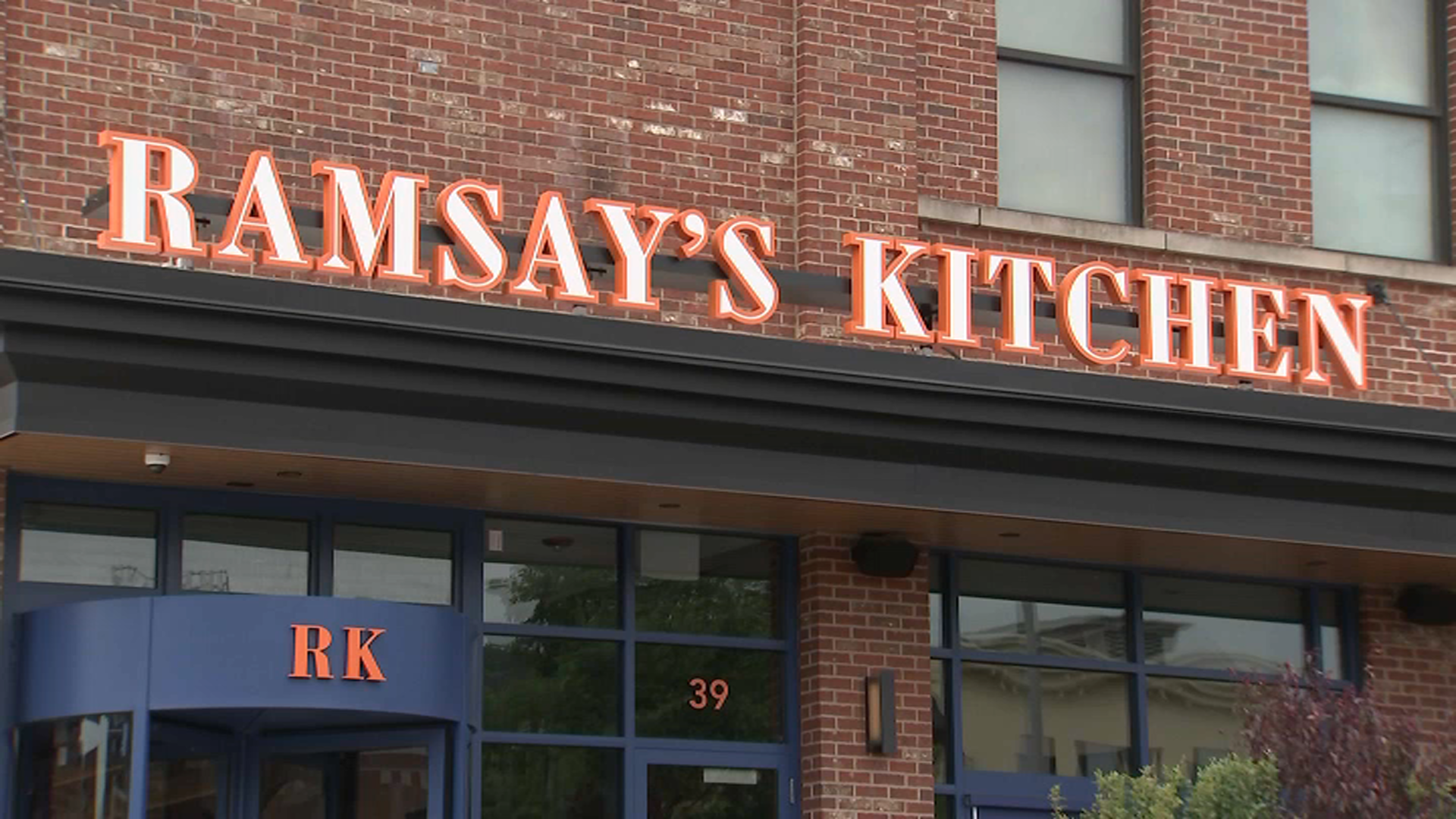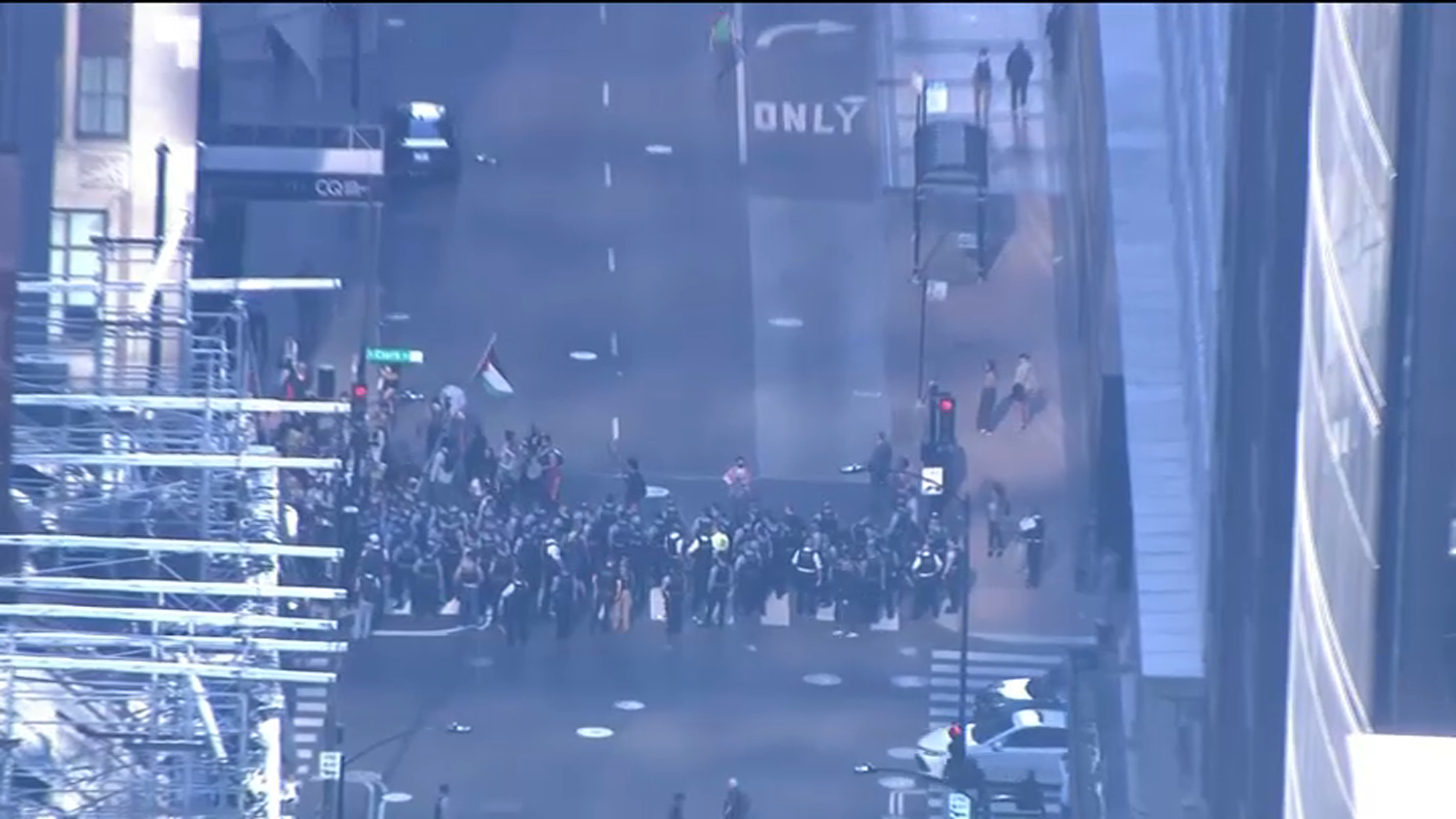Chicago faces a pension crisis, and Mayor Rahm Emanuel’s 2014 budget could go a long way in telling Chicagoans how he plans on fixing it.
The mayor’s opening gambit in his upcoming 2014 budget, including word last week that he plans on ordering a 90-day hiring freeze on “non-critical” personnel expected to save $1.5 million, looks to be a good start. And, as the Chicago Sun-Times reports, the mayor is exploring the possibility of raising the city’s tax on amusements, cigarettes, liquor and personal property lease transactions to address a $338.7 million budget shortfall.
The truth is, $338.7 million is a lot of money. But it’s nothing compared to the nearly $1 billion and more that’s coming down the pike starting in 2015 if the city doesn't find a way to deal with it’s looming pension crisis.
Like a lot big cities, Chicago is facing a pension crisis of mammoth proportions. The total unfunded pension liability for all U.S. cities and counties is a whopping $574 billion, and is growing by the day. Chicago’s fund for retired Chicago teachers is in mortal danger, and the city’s four funds for other retired city workers are short by $19.5 billion. According to a recent study by the Illinois Policy Institute, the city’s total debt obligation stands at $63.2 billion when you add up all the debts and liabilities of the major government units.
That’s a lot of hiring freezes, amusement tax increases and lease transaction fees.
Starting in 2015, the city will also be required by the state to make far larger contributions to help balance the funds, which will add hundreds of millions of dollars to the deficit. As major property tax increases have long been ruled politically untenable, and have been cited by many as contributing factors to municipal bankruptcies in cities such as Detroit, fixing the problem solely on the backs of Chicago homeowners seems a non-starter.
But, at the risk of sounding obvious, something is going to have to be done. The mayor’s current plan of kicking the can down the road seems a risky proposition at best. For proof, just ask the Illinois Legislature, who faces a $100 billion unfunded pension liability due to lawmakers shorting or skipping payments.
Local
Worse, the city is running out of other options to create revenue or further cut services. The mayor already blamed the pension crisis when he cut more than 2,000 teachers and staff from the school system earlier this year. Privatization deals, such as those involving Midway Airport and the Port of Chicago are falling through. And with violent crime still terrorizing large parts of the city, cuts to police and other first-line responders seems politically impossible.
All of which means the mayor is going to have to find some other structural way—or ways in general—to fix the problem. Whether it’s reforming the city’s notorious tax incremental financing, or TIF system, engaging in a financial transaction tax on the billions of dollars that flow through the city’s capital markets or finding creative ways to attract new businesses and residents to broaden the city’s tax base, a more comprehensive, less piecemeal approach is needed.
Hopefully, Mayor Emanuel is up to the task. His 2014 budget would be a good place to start.



